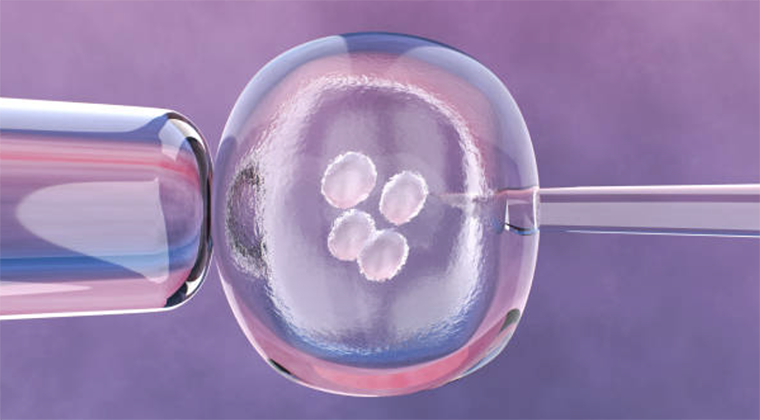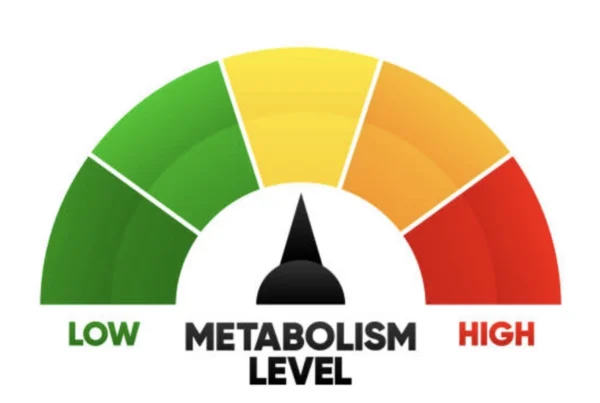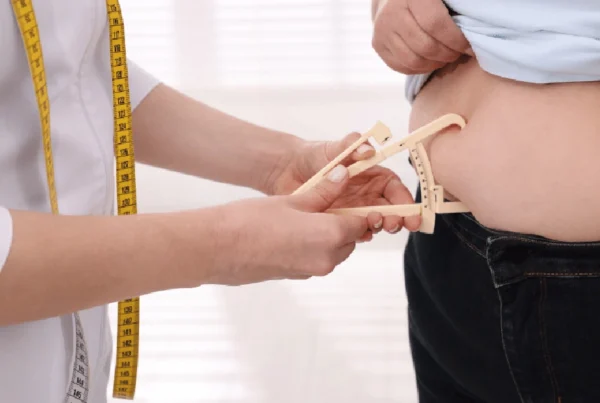IVF is the most common fertility treatment procedure. It’s also one of the most successful treatments, with a success rate of as high as 60 percent. But what happens when IVF treatment doesn’t work? There are multiple reasons why an IVF cycle may fail: poor-quality eggs or sperm, an underdeveloped embryo, or simply insufficient embryos to choose from.
If you’ve experienced several failed cycles of IVF, it’s time to ask yourself what your next steps should be. In this blog post, you shall know some options for dealing with multiple failed IVFs and some steps to take before considering these options:
Evaluate the health of your eggs
If you are experiencing multiple IVF failures, it is important to look at your lifestyle and see if there are any changes you could make. This is because the health of your eggs can affect the success of IVF. If you’re unsure where to start, talk to an expert from IVF in Dubai. Women can improve their egg health by eating well and exercising regularly.
Are you eating well?
If you cannot conceive following IVF, it’s important to ensure that your diet isn’t contributing to the problem. A healthy and nutritious diet will help ensure your body is functioning at its best. Here are some tips for eating well:
- Eat a balanced diet with plenty of fresh fruits and vegetables. Your doctor may recommend taking supplements such as folic acid or iron tablets and vitamins B12 and D3, if necessary.
- Avoid junk food, processed foods, and alcohol. These can lead to the weight gain associated with infertility in women; they also contribute directly or indirectly (by increasing cravings) to a poor diet overall.
- Make sure you get enough rest each night—7-8 hours is optimal—and try not to spend too much time watching TV or sitting in front of a computer during the day.
- Drink plenty of water throughout the day; this helps keep your body hydrated while supporting kidney function, which plays an important role in regulating hormones like FSH/LH, which control ovulation/menstruation cycles by releasing them from their receptors located on follicle cells & producing appropriate levels needed for successful conception during intercourse.
Consider an egg donor
If the diagnosis of egg quality issues is why you’re experiencing multiple IVF failures, it might be time to consider an egg donor. An egg donor is a woman who has healthy eggs and is willing to donate them for your use. Egg donation programs are available in many countries, including the United States and Australia.
As an added benefit, most insurance companies will cover at least some of the cost of using an egg donor program (if they don’t already cover all of it). However, if you’re going through this process as a single person or couple without children already (or soon-to-be), keep in mind that many states require that at least one member of your family be related to any child born from your sperm if you want access to their health care benefits. Otherwise, any children born will belong only to their mother’s health insurance coverage—possibly not even then!
Conclusion
It’s important to be proactive and consider all possible options when undergoing multiple IVF failures. After an IVF failure, the most important thing is to be kind to yourself.
There’s no right or wrong way to deal with the emotional fallout of a failed fertility treatment cycle, but there are some steps you can take to help yourself heal properly. Don’t be scared to pursue support from friends and family or visit the IVF clinic in Dubai or IVF clinic Melbourne—and remember that it may take time before you feel ready again!







